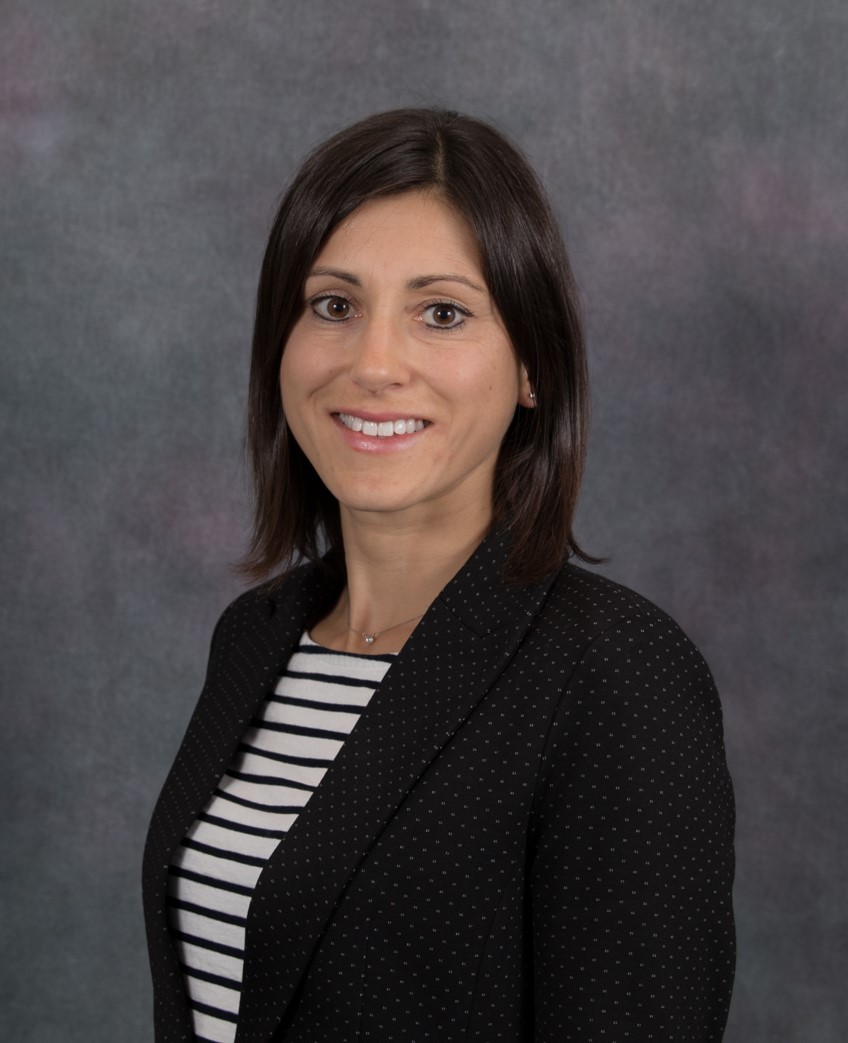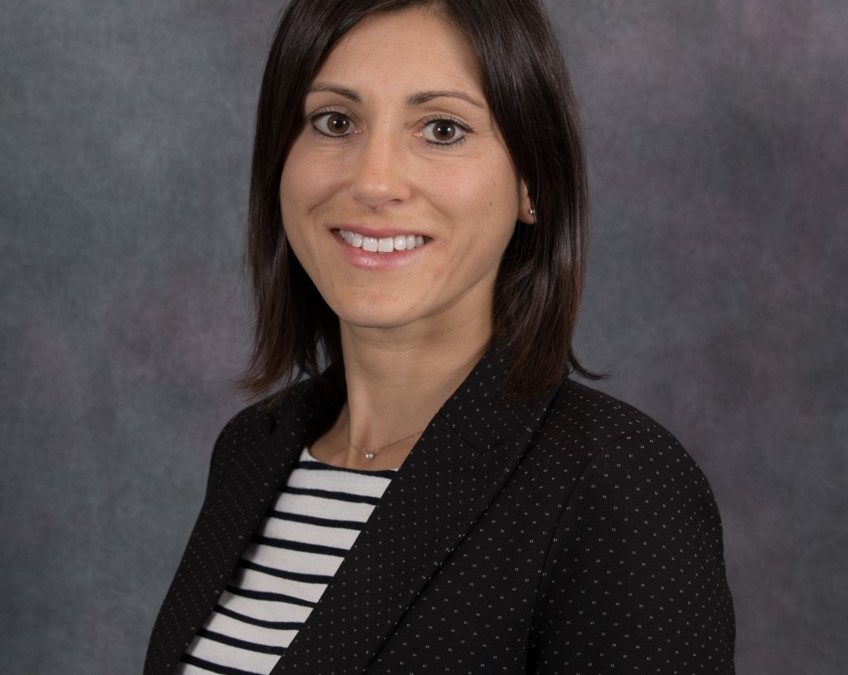
Speaker:
Affiliation:
*Please note all Winter 2021 Seminars are on zoom: https://ucla.zoom.us/j/97216069429
“Modeling and simulation for Nuclear Imaging and Therapy Dosimetry”
Abstract: Radiopharmaceutical therapy (RPT) is a radiation therapy based on a tumor-targeting molecule labeled with a radionuclide that is injected systemically or locally to a patient. Biological targeting is attractive to limit toxicity while allowing systemic injection to reach disseminated cancers and metastases and has the potential to be rapidly adapted to new tumor markers.
One of the major challenges in making RPT more effective is the lack of reliable dosimetry. Image-based dosimetry is a promising approach, however it sets arduous goals in terms of image quantification and spatial resolution specific to each therapeutic radionuclide. This presentation will discuss two research directions to improve image-based dosimetry: improving dosimetry calculation and improving imaging detector technology. Specifically, we introduce a new patient-specific dosimetry approach for yttrium-90 (Y-90) radioembolization, a loco-regional RPT for liver cancer where radioactive microspheres are injected into the hepatic artery and transported to the tumor and other liver regions to deliver internal radiation therapy. We are developing a framework for personalized treatment planning based on computational fluid dynamics (CFD) simulations of the microsphere transport combined with Y-90 physics to predict the dose distribution based on the injection point and amount of radioactivity. The ultimate goal of this work is the development of an interactive software to be used by physicians to optimize the amount of activity and injection point for optimal tumor targeting. Dose verification post-treatment is also a critical step in improving patient care through close monitoring of treatment efficacy and exposure of non-target organs. Positron emission tomography (PET) has emerged as a promising imaging modality in spite of challenging low Y-90 signals. PET is a very active field of research, with recent advances in detector development that are likely to result in large improvements in image quality. The second part of this presentation will introduce new concepts for PET detector design and simulation tools to develop these detectors.
Biography:
Dr. Emilie Roncali is an Assistant Professor in the Departments of Biomedical Engineering and Radiology at UC Davis. She received her Ph.D. in Biomedical Engineering from the Ecole Centrale de Paris, France before joining Dr. Simon Cherry’s group at UC Davis for her postdoctoral training. Dr. Roncali’s research involves molecular imaging and therapy, with an emphasis on new technology for positron emission tomography (PET) and quantitative dosimetry for radionuclide therapy. Dr. Roncali has developed optical models for Monte Carlo simulation of PET detectors and applied these models to the optimization of fast detectors using Cerenkov light. She currently focuses her simulation developments on personalized dosimetry for internal radionuclide therapy. Dr. Roncali is a member of two working groups for the National Cancer Institute (NCI) as well as an investigator of the Informatics Technology for Cancer Research (ITCR) initiative to develop new dosimetry methods for targeted radionuclide therapy (TRT) with the goal of improving treatment planning and optimizing TRT clinical trials. Specifically, she is developing image-based and simulation-based dosimetry for yttrium-90 radioembolization for advanced liver cancer treatment.
Date/Time:
Date(s) - Jan 21, 2021
12:00 pm - 1:00 pm
Location:
Engineering V, Room 2101
410 Westwood Plaza Los Angeles CA 90095

